Dealing with grief is tough. When someone loses a spouse or loved one, a numb feeling sets in and they are stunned and surprised that something so horrific has occurred. Initially, they may feel literally frozen in place because essentially, they are in a state of shock.

Some people begin to forget things, feel unsure and unsteady on their feet. Some may experience a slight dizziness, anxiety, even vertigo, while also developing a fear of going out or being around strangers. Still others may even find themselves crying uncontrollably with a desire to remain in bed under the covers, day to night… night to day.
Initially, they may relish the company of others and then slowly retreat to a newfound world of grief and sorrow, anger and self-pity. As they yearn to see the person they’ve just lost one more time they may want to scream and rant and rave at God or to no one in particular. These feelings are normal.

Some People Avoid Feeling Emotions when Dealing with Grief
There are a variety of scenarios that get played out by all who grieve, but then, there are many who never feel any emotions because they stuff their feelings down, hoping that they can quickly move on with their lives. This is not the wisest course to follow because at some point down the road that delayed grief will reappear, possibly accompanied by consequences that one would have wanted to avoid.
In so many cases of loss, men and women may not have the “luxury of time” to grieve, as they have been left with children or even grandchildren to care for, jobs to get back to, financial situations to deal with, etc. These circumstances can overshadow the grieving process. The pain from the loss does not disappear: It merely takes a backseat to more pressing situations that beg for attention. But, I can assure you that unresolved grief will reappear in some form as time goes on.
Others Feel They Are the Only Ones Who Have Felt This Pain
When we think of the hurt and anguish that we experience when we lose a spouse or a loved one, and when we are in the thick of the pain, we are sure that there is no one who has experienced such agony as our own. And in many ways, we as individuals, are the only ones who have experienced our own personal grief, which is the aftermath of loss.
It is our experience and as we sink to the depths of our own personal despair, we get to feel every inch of loss, making it our own, trying to quell the pain, sometimes unsuccessfully.
This is all a part of the grief experience as we become immersed in our grief. It is our journey, and it will travel with us like a shadow that has taken us by the hand and is not following, but leading us everywhere we go. It is our new staycation that we alone can experience. We must be aware of the fact that the same loss to our relatives, siblings, parents is different from our own. So, we must own it, feel it, wail about it and sometimes even write about it.
How a Grief Community Can Be a Good Thing
As time goes on, people who are bereaved may want to share with others who are also grieving the loss of a spouse. The initial thought of joining a bereavement group may be a bit overwhelming. Some are not anxious to share their pain and thoughts with strangers. Others, however, are up to their necks in grief and sorrow and are hoping to get some relief as they search for something that will help alleviate the searing pain.That was me. I longed for some thing to help stop the excruciating pain I was experiencing daily. When I became a part of my grief group, they, unbeknownst to them, became my healers. We listened to each other and asked and answered many questions. We repeated our stories over and over again. Eventually, it seemed as if we were always in each other’s lives. We felt each other’s losses and we comforted each other as we bared our souls on a weekly basis.
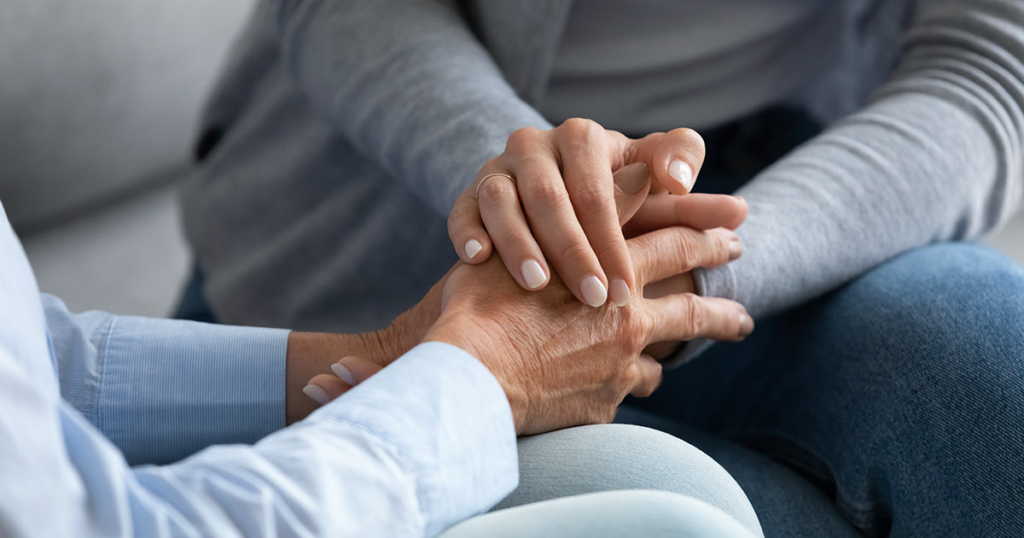
It was an odd comfort to learn of each other’s pain and sorrow because I finally knew that I was not alone. One woman had lost a child many, many years earlier and was now faced with life without the two people she loved so well. The recent loss of her husband brought up grief memories of her early loss of a child years ago. But we became the collective hug that we all needed as we decided to live and not die.
We Will Never See Our Loved One Again
To grieve the loss of a spouse or anyone we love so dear is to face the fact that we will never see them again on earth. There are no more last words, no more direct contact, no more activities to be shared ever. When that reality sinks in, the emotional distress that ensues can be more than one can handle.
However, I suggest that we must cling to the pain; we must cry and scream and talk to anyone who is patient enough to listen to us. After a while we may seek to join a community of grievers where we can talk openly and safely about our feelings.
Do not put up barriers of race, religion, creed or color when thinking of reasons to not join a group. Excuses come easily but there is relief from the intense feelings one has when we can be helped by being with others who know.
In my group, we were signs of life for each other. We were willing to be there for each other and in turn we were being there for ourselves. We collectively held the torch as all of us marched toward the light.
It is in bereavement groups, and other grief communities, where we discover that our grief, though unique to us, is understood by others as well. Then we suddenly realize that we are not alone.



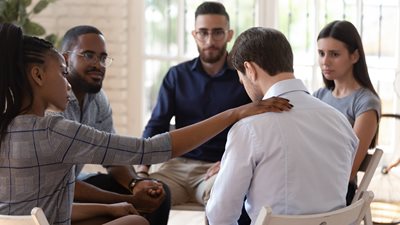
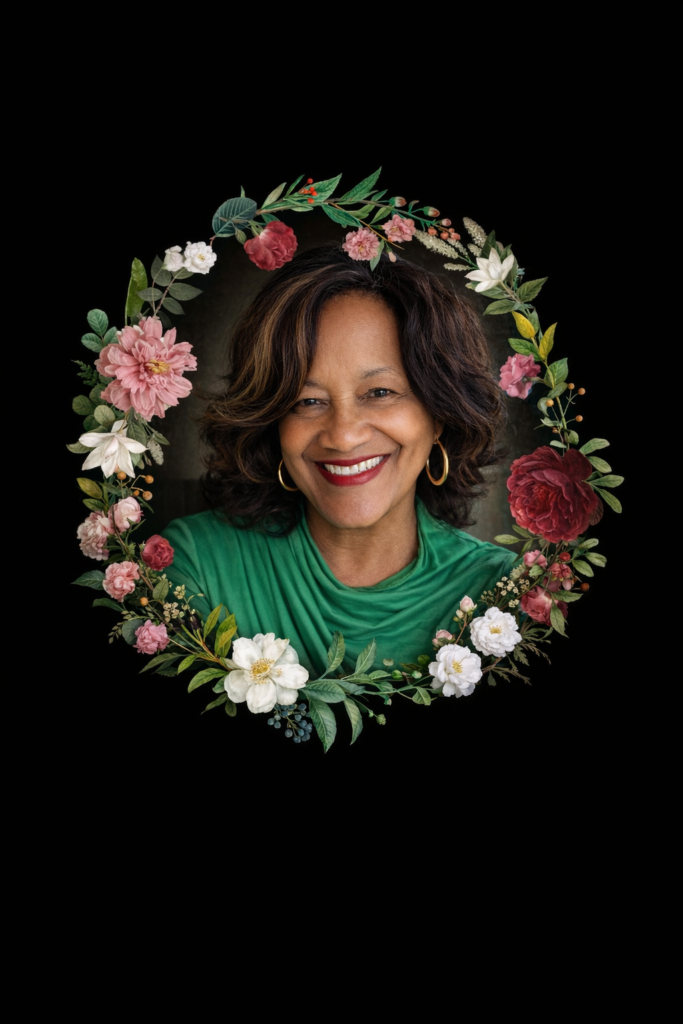
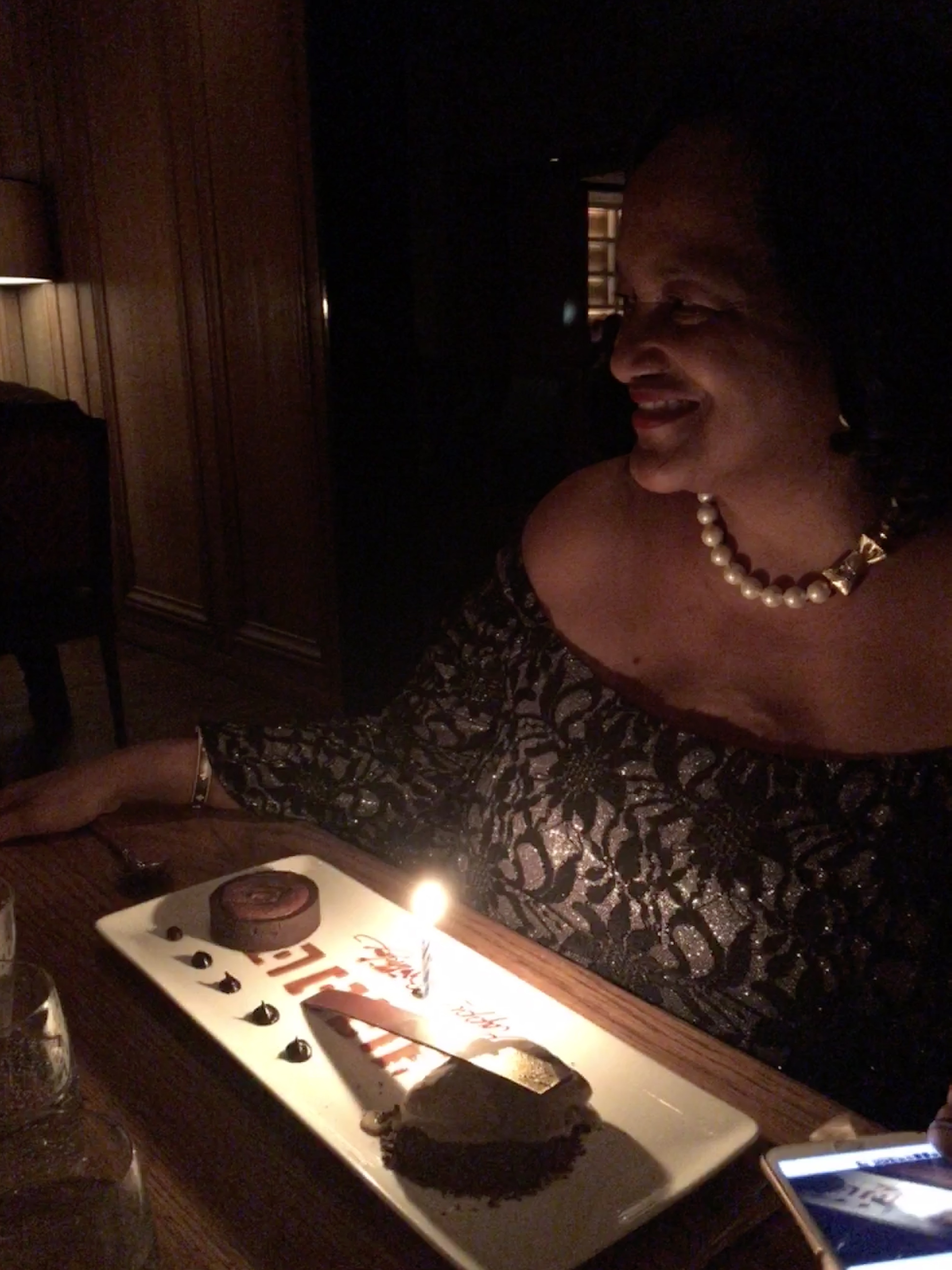
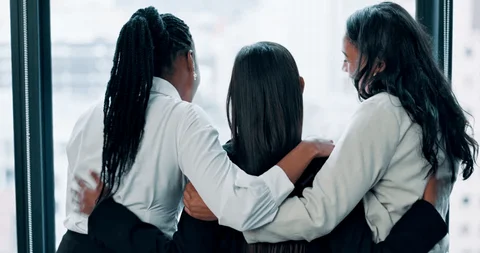
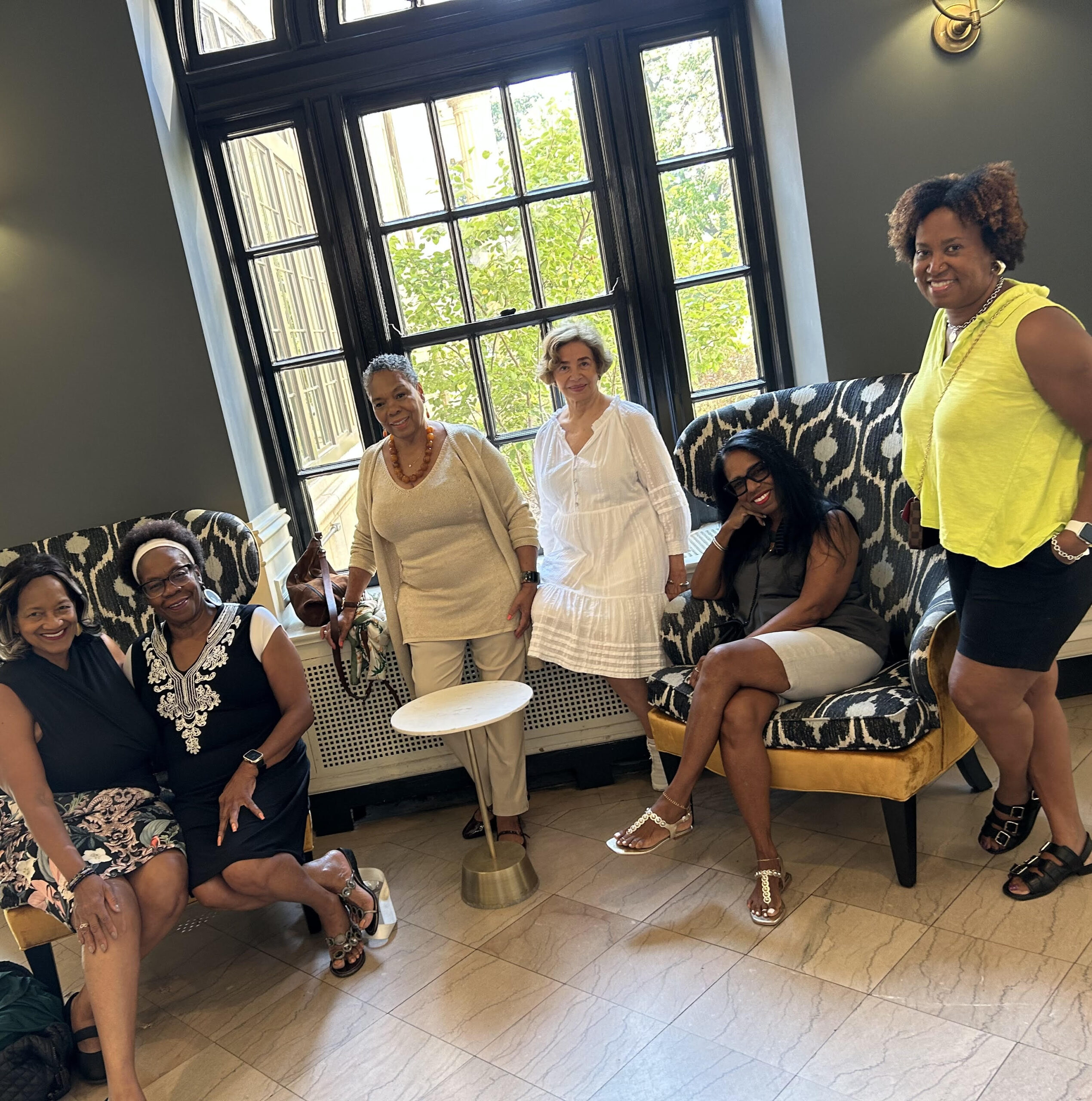



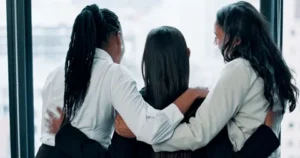
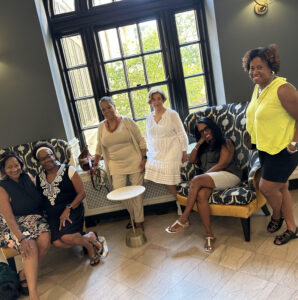







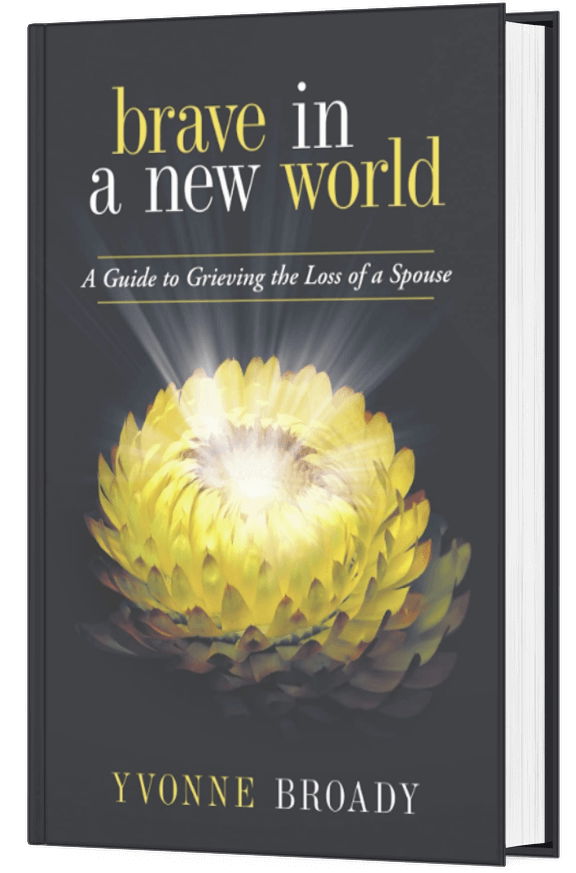

2 Responses
Reading this article broke my heart …maybe I do need to seek help …7 months since my husband died ..crying is my daily routine…the fact I will never see him again is hurting so bad …I’m just so sad .
I’ve lost 2 sisters and 2 brothers. While my heart was broken. I found a way to cope. I put my feelings in paper, that was my therapy. However, when my mother died in 2014 it felt like someone pulled my heart right out of my chest and ripped my soul from my body. 10 years later and I still have my bad days when I just cry for no apparent reason. Sadness takes over. So I guess I’m a work in progress.